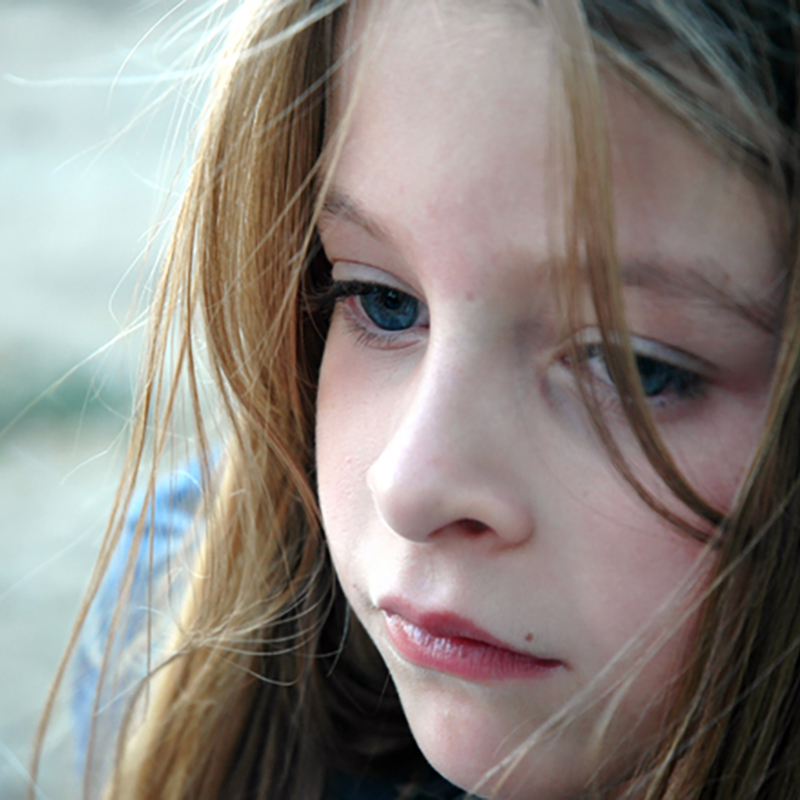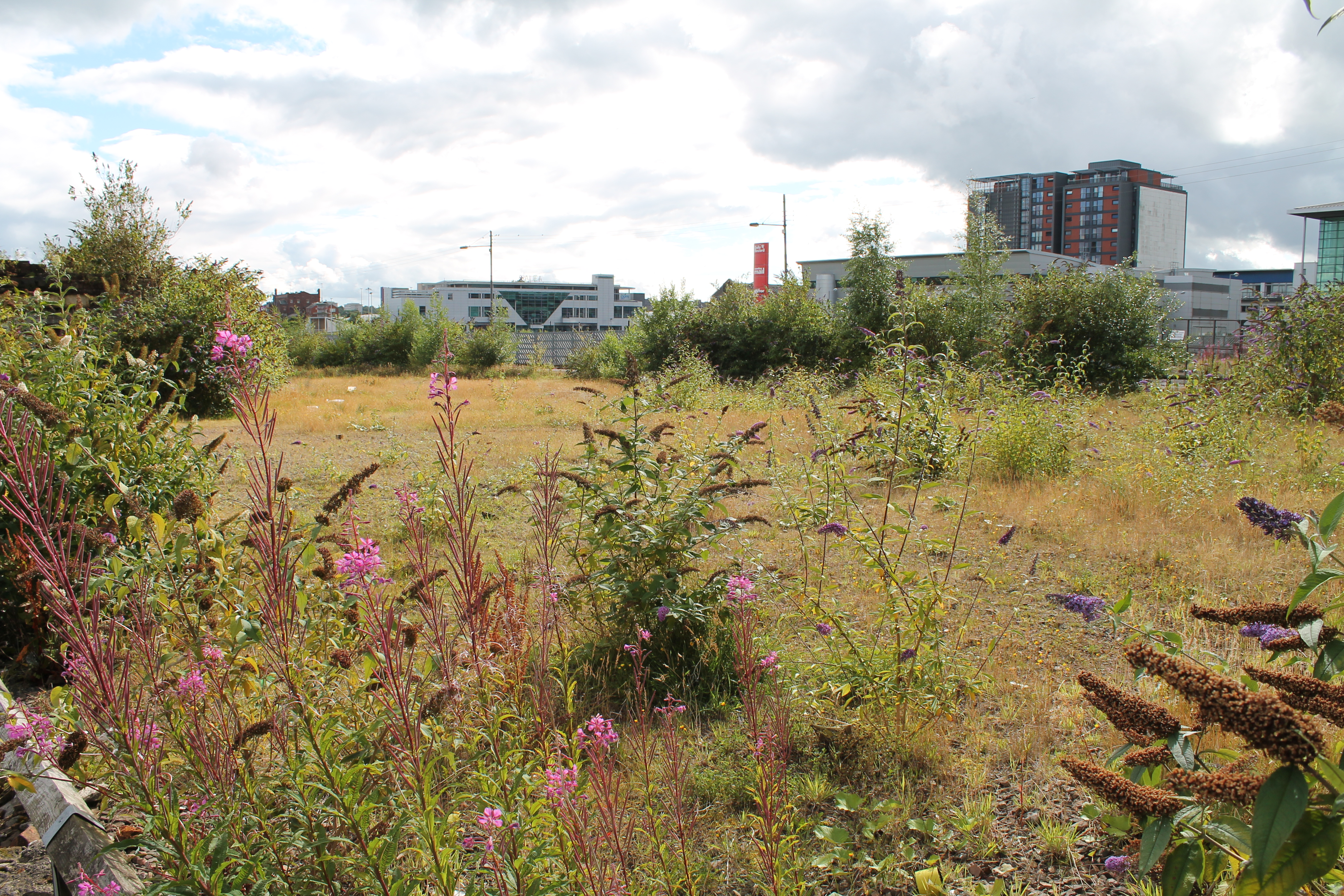“We cannot witness another generation of young people going through this” – our staff share learning in response to latest child poverty research
28 May 2020
Children in Scotland has responded to new research showing a marked rise in child poverty rates across the UK over the past six years, published last week by the End Child Poverty coalition.
The study, led by researchers at Loughborough University, found that child poverty levels were increasing even before the onset of Covid-19, with an overall 2.8% increase across the UK between 2014 and 2019.
It revealed that, at 11.6%, Glasgow Central constituency had the second largest increase in the whole of the UK by the measure used.
The constituency encompasses Bridgeton, Calton and Dalmarnock, areas of the city which our Food, Families, Futures (FFF), CHANGE and Health Inequalities projects have worked in and drawn learning from since 2016.
Here, three of our project leads reflect on the findings and call for action on direct payments to families, digital exclusion, young people-led decisions on investment, and future opportunities to strengthen wellbeing.
Robert Doyle, Senior Project Officer for CHANGE, which is working to create better childcare for communities in the East of Glasgow, said:
“Communities in the CHANGE project area already have high levels of child poverty and are estimated to have experienced some of the largest increases in the UK. The Glasgow Central parliamentary constituency, which includes Bridgeton, Calton and Dalmarnock, has seen the second largest increase in children living in poverty in the UK. Glasgow East, which includes Parkhead, Tollcross and Shettleston, has seen child poverty rise by 4.6%.
“This analysis highlights that immediate and radical action is needed to reverse the trend of increasing child poverty. This will require maximum effort and a multi-faceted approach, especially given that these figures do not take into account the effects of the Covid-19 outbreak, which is expected to impact on communities already facing significant disadvantage the hardest. We cannot witness another generation of children and young people facing the impact of growing up in poverty.
“The key actions that CHANGE would call for based on local learning are:
- Getting more money into people’s pockets, for example by removing hidden costs from accessing support and services and supporting families with transport costs.
- Reducing barriers to accessing financial support by making sure we are providing clearer information for families and guaranteeing that processes are straightforward and accessible.
- Improving digital inclusion in the area to help families access financial support more easily, as many households do not have access to IT equipment, the internet or mobile data.”
Policy Officer Chris Ross, who led our Health Inequalities project, which involved participative research with children and young people aged 10-18 living in areas of high deprivation in Glasgow and Dundee, said:
“We know that poverty and deprivation have a direct effect on health and wellbeing. An increase in child poverty is likely to mean poorer health for families experiencing deprivation and an increase in health inequalities.
“Our recent Health Inequalities research project highlighted that the areas where deprivation is most concentrated have a range of other factors that compound the effect of material deprivation on health and wellbeing.
“We found evidence of the high density of fast food restaurants and heard how this can affect the choices people make about food. We also saw how crime and substance misuse affect how children and young people feel about where they live and affect what they want to do there, including play and socialising.
“The stark increase in child poverty in Glasgow Central that is replicated across the country is further evidence of the need for us to do better. There must be increased financial support for families and also investment in the communities that they live in.
“Children and young people need to be at the heart of decisions about investment in their local community. They know their community best, both the things that need to be improved but also the strengths that should be built upon.”
Policy Manager (Participation & Engagement), Elaine Kerridge, who since 2016 has led on the FFF programme, which addresses food insecurity and its links with wellbeing and education, commented:
“These findings make us all reflect on the fantastic strength of the communities in central Glasgow we’ve worked with through the FFF programme over the past four years, but also think about the acute difficulties many families in the area may be facing now as a consequence of the pandemic.
“We know our FFF partners across Scotland are working hard to support children and families at this unusual and often challenging time, including those children who usually receive free school meals.
“Some local authorities are making payments into families' bank accounts, ensuring they have the opportunity to buy the food they need for their own personal circumstances, in a way that is convenient to them. Other areas are delivering meals (hot and cold) directly to families' doorsteps, offering a chance to engage with the family and offer any extra support they can. What we do know is that we are all missing out on that very human experience that supports our health and wellbeing in so many ways, and which has been fundamental to FFF — the opportunity to share food and quality time together.”
Amy Woodhouse, Children in Scotland’s Head of Policy, Projects and Participation, said:
“The COVID-19 pandemic has further exacerbated pressures on families and there is a strong chance that these poverty figures will have increased over the past year. This places more importance than ever on the Scottish Government's response.
“We have been working collaboratively with other partners through the End Child Poverty group to push for change. Central to this is our call to increase the direct financial support to families experiencing poverty.
“We strongly believe that the most effective solution is to place more money directly into the pockets of families, to give them the opportunity to meet their financial needs as they experience them.”


Health Inequalities research
This research project worked in deprived areas of Glasgow and Dundee
Click to find out more
CHANGE
Our project working to create better childcare for East of Glasgow communities
Click to find out more
Food, Families, Futures
Our partnership programme targeting food insecurity has been running since 2016
Click to find out more